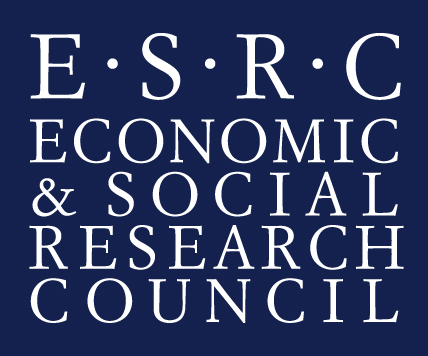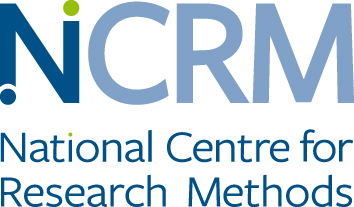Videos
The PASAR fieldwork comprised two main strands. In the first strand (April to June 2016) we worked weekly with a group of mothers and a group of girls in parallel, exploring the question what it means to be a migrant mother or a girl from a migrant family in London. After 11 weeks, we brought the two groups together in an intergenerational day, where they showed the scenes they had developed to each other.
We combined different methods and created a new performative participatory practice for participatory action research. Key methods we used are Playback Theatre, Image Theatre, Forum Theatre, Legislative Theatre, Physical Theatre exercises and 'Talking to the panel'. For a better understanding of these methods, see the Methods and Toolkit sections of this website.
In Strand 2 of the Research (November 2016 to March 2017) we worked weekly with a group of Mothers who are affected by the 'No Recourse to Public Funds' Policy. This strand developed a model for participants to reflect on, critique and engage in dialogue with practice and policy about a specific policy. To do so, we invited social workers to take part in some of the workshops, we organised a Policy Day where professionals watched the mothers' group's performance and they discussed together the impact of this policy and we went to the House of Commons with the performance group. Overall, we worked with the same methods as in Strand 1, though this time the focus was on how the methods can enable an understanding of and dialogue about policy.
In the clips below, we show the different methods we used with each of the three groups we worked with.
We used a variety of Physical Theatre and improvisation exercises to co-create Forum Theatre scenes based on the issues the participants raised. This included family relations, transnational relations, accessing social, educational and health services. Some of the Forum Theatre scenes were later developed into public performances. The Forum Theatre scenes became important ways for the participants to express and show which issues matter to them, which conflicts and dilemmas they experience and explore strategies for addressing these.
This method was employed with the group of migrant mothers and a group of mothers with Non Recourse to Public Funds.
The following clips show how Image Theatre was used with all three groups we worked with.
- Forum Theatre and Workshop Exercises
After 11 weeks of working separately with the group of migrant mothers and the group of girls we brought them together in an intergenerational exchange of performances based on their lived experiences of living in London.
We filmed some of the walks we undertook with the three groups. The following clips show the range of different ways in which we used the walking stories.
Integrating Participatory Theatre and Walking Methods
The following clips show examples of how we brought together theatre and walking methods to methodologically innovate.
The policy day consisted of a range of formats which was helpful in allowing participants and attendees to interact and develop a conversation about the No Recourse to Public Funds policy and its effects on migrant families.
PASAR International Conference ‘Connecting Communities’
We organised a two-day conference, 10-11 November 2017, with academics, artists and activists. You can see recordings of the keynote speeches, the PASAR team presentation and the performance of the mothers' group here.
We produce online training materials for using participatory methods with migrant communities, how it has been used in research.
Short Film:
In this short film, participants reflect on how the project enabled them to share their experiences with each other, with researchers and also with practitioners and policy makers through conferences, Policy Days and a performance at the House of Commons in December 2017.

